In the midst of a natural disaster or even a hurricane like those that have recently damaged the South, so many individuals and families find themselves facing unspeakable hardships and challenges.
The chaos and destruction have repeatedly disrupted lives in very profound ways: Homes are being damaged and destroyed, and immediate needs for shelter, food, and clothing become the number one priority.
As communities try to grapple with the consequences of such devastation, the road to recovery can sometimes feel a bit overwhelming. Even if basic necessities take precedence, when it’s possible, it’s still important for hurricane victims to consider the impacts it might have on their financial health and identity.
It’s understandable if those impacts might be hard to grasp, especially since they would only bring additional stress and financial losses, but the least we can do is enlist them when you feel more prepared.
If you’ve been severely impacted by a hurricane or any other natural disaster, here are three tips to protect your financial health as you start to recover:
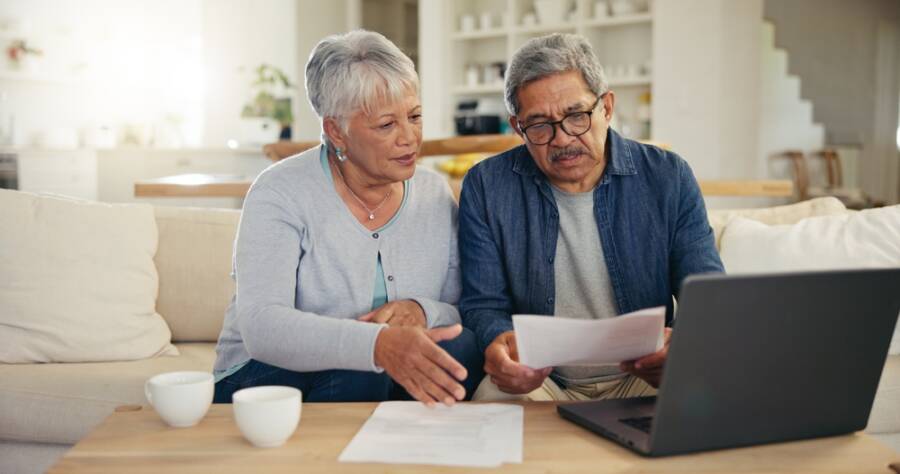
from Shutterstock
Safeguard your identity
Natural disasters aside, in case of disaster, instances of identity theft have become more common. Hurricane victims could find very important documents that could also include valuable personal information spread all over the place or even completely lost.
Well, after a natural disaster, it’s quite common for criminals to proceed with stealing personal information or even money through identity theft and disaster-related financial schemes.
It’s also fairly important to be aware of scammers and try to take all the needed proactive steps to protect your identity, especially after a hurricane.
You can always take advantage of the free credit monitoring and fraud alerts. If you notice anything suspicious, you should report it right away to your bank or financial institution.
If your personal information has been somehow compromised, you can also consider freezing your credit file with each of the three credit reporting agencies. This way, you will prevent any fraudulent credit applications.
Contact your lenders
In times of crisis, such as natural disasters, plenty of financial institutions are more than willing to work with affected consumers. If, by any chance, you were impacted by a storm and are concerned you might not be able to pay the bills on time, you can reach out to your mortgage, auto loan, and credit card companies as soon as possible.
Your lenders can report accounts as deferred or even in forbearance for a specified period, especially if you live in an area that has been impacted by a natural disaster.
As the account is deferred or even in forbearance, no late payments will end up being reported. This will help you focus on other important problems. But interest might continue to accrue.
You need to step up and ask your lenders about account deferment or forbearance, especially if you are affected by natural disasters. Make sure you fully comprehend the terms of the agreement.
It’s reasonable to feel that tracking down the contact information for each of your lenders can seem like an overwhelming task. However, your credit report can be a helpful starting point.
You can also find contact information and documentation for all your lenders that have been included in your credit report, which you can access for free at www.annualcreditreport.com or even via the Experian website.
Avoid purchasing flood-damaged goods and vehicles
In the following months and years after a significant storm, there’s a high likelihood that flood-damaged goods and vehicles return to the market. If you ask us, it’s best to be mindful of your purchases.
There are also plenty of tools available that would help consumers avoid purchasing flood-damaged vehicles by effectively checking vehicle history reports.
With that being said, it’s advised to have the vehicle thoroughly inspected by a licensed mechanic before you buy it. Recovering from a hurricane or any other natural disaster is a deeply challenging journey that requires a lot of strength, resilience, as well as support.
Understandably so, if you were the victim of a natural disaster, you might not prioritize protecting your credit. In fact, it might be one of the last things on your mind.
However, a lack of knowledge could easily damage your financial health at a time when you need access to credit the most. If you learn how to prioritize identity protection, credit monitoring, and communication with lenders and you’re being cautious enough about your purchases, you can easily take meaningful steps to protect and restore financial health.
As the path ahead might be rocky, these actions can help pave the way toward recovery and stability.
Now that we mentioned everything worth mentioning in great detail, let’s come up with a list that might help organize yourself!

Contact your insurance company
You need to start the claims process as soon as possible.
- review the policy – Do you know what’s exactly covered and what isn’t when it comes to natural disasters? Homeowners insurance generally doesn’t cover events like flooding or earthquakes. Those separate policies cost an additional fee. You should check the policy you currently have so you are fully prepared to discuss it with your agent.
- survey the damage – Make a list of all the items you either lost or got damaged. Also, don’t toss them until a claims adjuster visits your home. If you can, submit receipts and photographic evidence to support your claim. Make necessary copies.
- save the receipts – So many purchases can be easily reimbursed. This list also includes temporary housing, transportation, food, as well as materials for repairs that are deemed as “reasonable and necessary.” Reasonable and necessary repairs are those that will efficiently protect your home from further damage.
- hold off on major repairs – Don’t rush to spend too much money on paying contractors and vendors for repairs, at least not until the claims adjuster visits and addresses the damage in question.
Seek financial assistance
There are plenty of resources available to help in the event of a natural disaster.
- apply for federal aid – When the president makes a disaster declaration for the area in which you live, you might be eligible to receive financial assistance through the Federal Emergency Management Agency (FEMA). FEMA can easily provide you with housing and money to cover all the needed costs, such as replacing personal belongings, transportation, childcare, and medical and dental care. Submit an application at DisasterAssistance.gov.
- reach out to the Red Cross – Find the contact information at the closest Red Cross. The nonprofit organization provides shelter, distributes meals and relief items but also offers financial aid to victims of natural disasters.
- consider getting a loan – Adding more debt to your finances could sound quite counterintuitive after a natural disaster. However, if you still need help covering the expenses after insurance and FEMA assistance, the Small Business Administration could be able to help.
Take stock of cash flow, bills, and debt
Take steps to protect your funds and minimize late payments.
- have cash on hand – Many places are quite likely to be without power, especially after a natural disaster. Keeping a small amount of cash on hand could turn out to be useful, especially if you need to make essential purchases.
- turn off utilities – If your home is simply uninhabitable right now, you can notify your utility companies and ask them to disconnect the service, so you won’t be charged.
- prioritize bills – We advise you to evaluate the amount you currently have in your emergency savings fund. You can compare it to your bills. It will help establish what you can and cannot cover. Insurance premiums and rent or mortgage payments need to be among your top priorities.
If you found this article insightful, we also recommend checking: 6 Things to Do if You Don’t Want to Spend Your 60s Alone



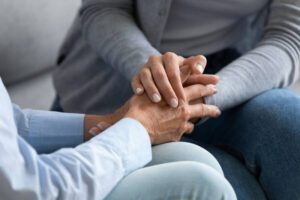




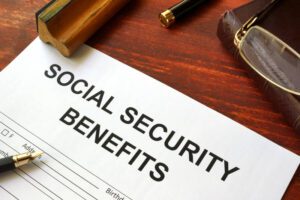
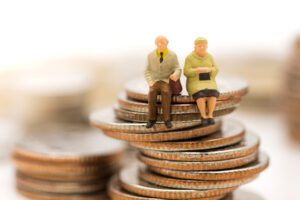



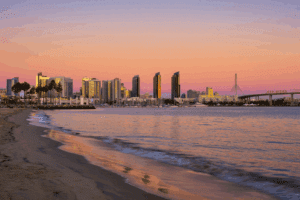



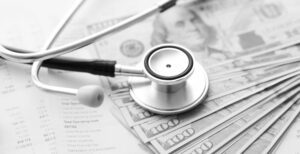
10 Responses
I wanted to thank you for this great read!! I definitely enjoying every little bit of it I have you bookmarked to check out new stuff you post…
It?¦s really a cool and useful piece of information. I am glad that you simply shared this helpful information with us. Please keep us informed like this. Thanks for sharing.
7geb3t
posenk
yx6mhh
t2kqkz
v0902u
7drpg4
jp158c
Nice post. I be taught something more difficult on totally different blogs everyday. It will at all times be stimulating to learn content from different writers and apply a little bit something from their store. I’d desire to use some with the content on my weblog whether you don’t mind. Natually I’ll provide you with a link on your internet blog. Thanks for sharing.